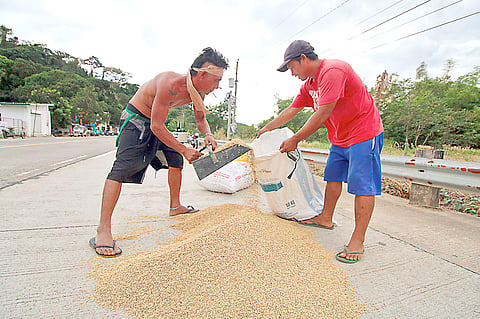
- NEWS
- the EDIT
- COMMENTARY
- BUSINESS
- LIFE
- SHOW
- ACTION
- GLOBAL GOALS
- SNAPS
- DYARYO TIRADA
- MORE

With only the Philippine Crop Insurance Corporation providing insurance to farmers and fisherfolks, private insurers can serve the agriculture sector to help boost the country’s food security, according to the head of the Philippine Insurers and Reinsurers Association (PIRA).
“We’re getting our members capacitated and interested to write agri-insurance,” PIRA executive director Michael Rellosa said in his lecture titled “Intersecting Inclusion and Resilience: Protecting the Vulnerable and Marginalized Sectors in the Philippines” during the 2025 CSR Conference and Expo on 1 July.
“Our agricultural sector, the backbone of our food security, and a significant employer, is particularly vulnerable to weather-related risks. Recognizing this, PIRA, in collaboration with esteemed partners like the Asian Development Bank and the World Bank, is actively working on initiatives to crowd the private sector into the agricultural insurance sphere. This collaborative effort aims to develop innovative insurance solutions that protect our farmers from crop losses due to typhoons, droughts and pests,” Rellosa told corporate social responsibility leaders at the conference.
“By leveraging the private sector efficiency and risk management expertise, we can create a more robust and sustainable agricultural insurance market, empowering our farmers to invest, grow and secure their livelihoods, thereby strengthening our national food security,” he said.
“If the risks that the farmers face are actually de-risked by the insurance industry, then banks would be willing to lend to farmers,” Rellosa added.
According to the PIRA head, the PCIC is unable to cover everybody that needs to be covered, so many farmers are left behind.
Meanwhile, the group is exploring innovative insurance programs that can support ecosystem services.
“We are exploring how we can contribute to their (mangroves and coral reefs) preservation and restoration, not just as a corporate social responsibility, but as an integral part of risk reduction. By safeguarding the natural environment, we are simultaneously safeguarding our communities and building a more resilient nation against the impacts of climate change,” Rellosa said.
